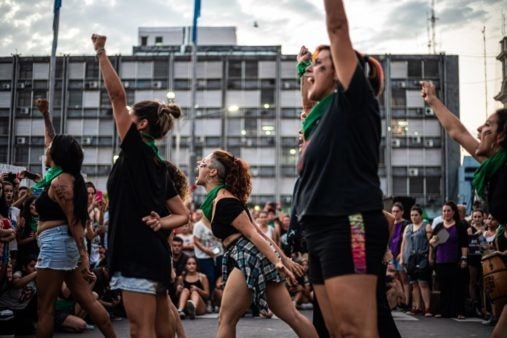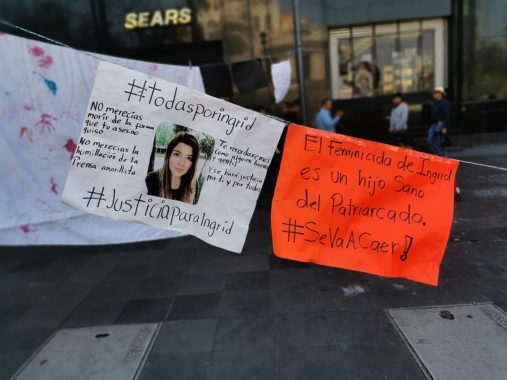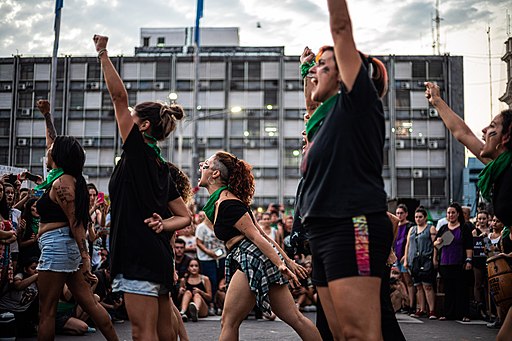
The other big story is the rise of hate groups focused on the border embodied in the alleged gunman from the Dallas area who drove 600 miles and more than 10 hours to in his words "kill Mexicans" and stop the “Hispanic invasion."

Between 2017 and 2018, Peruvian site Ojo Público published three investigative reports looking into the experiences of Peruvian girls who were sexually exploited by traffickers. Now, those stories have been brought to the stage as the theater documentary ‘Delta.’

In the latest informal lists from the Knight Center, we looked at the number of Twitter, Instagram and Facebook followers for the biggest Latin American newspapers and spoke to some of the social media managers of those publications about their strategies.

On International Women's Day, March 8, thousands of women, including journalists, took to the streets in the main cities of Mexico, Brazil, Argentina and Chile.

Ingrid Escamilla, 25, was brutally murdered in the Mexico City neighborhood of Vallejo on Feb. 9 and her body mutilated. Her remains were published the following day on the covers of newspaper La Prensa and tabloid Pásala, the latter with the headline “La culpa la tuvo Cupido” (It was Cupid’s fault).

Journalists Isabela Ponce and María Sol Borja, from the Ecuadorian website GK, developed a digital platform called Voces Expertas, to bring together women experts with the aim of increasing the presence of women among journalistic sources in Latin America. Any woman can register with the system, which has been receiving applications for three weeks and is due to launch in […]
This October, the Knight Center for Journalism in the Americas asked the journalism community to share some words about women journalists working in Latin America whom they admire. It was part of the third year of the #JournoHeroes campaign led by the International Women's Media Foundation (IWMF). “Female journalists today face unprecedented hardships for simply speaking truth […]
There is a popular Brazilian saying: “O combinado não sai caro.” Or roughly, keeping your word doesn’t cost anything. This is a golden rule in collaborative projects between journalists, especially among different outlets or even across countries. That was the main lesson of the session, “The Urgency of Journalistic Collaboration,” held during Festival 3i of […]

After a journalist covering Chile’s recent national celebrations was the subject of unsolicited touching and kissing while on camera, 181 journalists signed a letter expressing their firm rejection of sexual harassment and discrimination against female journalists

A new role is emerging in newsrooms in Latin America and abroad as women’s movements like #NiUnaMenos and #MeToo take hold across the world.

In Argentina, 72 percent of women journalists recently surveyed believe that women have less opportunities for growth than men in media companies. Seventy-seven percent believe that, in journalism, women do not earn the same amount as men for doing the same job.